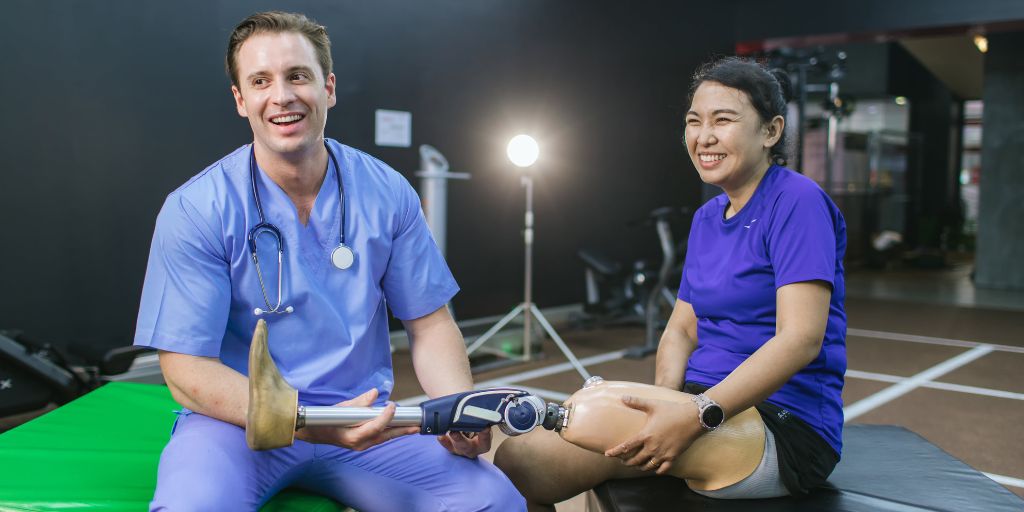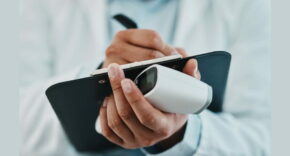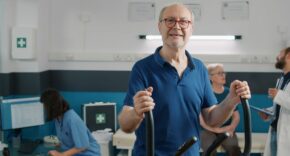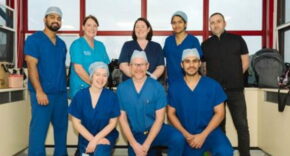
LONDON, June 2025 — London-based technology company TG0 is spearheading a groundbreaking research initiative to develop an ultra-soft pressure-mapping material for prosthetics protection. The sensor technology promises to drastically improve prosthetic care by providing real-time comfort monitoring and professional medical assessment via the Cloud, potentially reducing the 22% abandonment rate among prosthetic users and saving the NHS millions annually.
Critical Need for Innovation in Prosthetic Care
In the UK alone, over 57,000 people rely on lower-limb prosthetics, with approximately 7,000 new amputations performed each year. Current prosthetic solutions face a significant challenge: poor fit and pressure-related injuries frequently lead to discomfort, reduced mobility, and often complete abandonment of the prosthetic device.
Research shows that just 20 minutes of excessive pressure due to ill-fitting prosthetics can cause sores requiring up to six weeks to heal, underscoring the need for a more responsive approach to prosthetic fit.
This issue also places substantial financial pressure on healthcare systems. Prosthetic abandonment and complications cost the NHS an estimated £10 million annually in additional care and replacement devices.
World-First Breakthrough Technology
TG0’s innovative approach is a world first, inspired by the company’s proprietary advanced sensor technology which has been previously successful in the automotive and fitness industries. Created to solve the specific problem of prosthetic comfort, the flexible, polymer-based sensors provide real-time pressure data, allowing clinicians and patients to monitor fit remotely and make adjustments before discomfort leads to more serious health issues.
“The technology we are developing has an unprecedented combination of sensitivity, flexibility, and wearability,” said Ming Kong, Chief Executive Officer at TG0 “Our smart sensor material is designed for continuous, real-world use while being virtually undetectable to the wearer.”
Collaborative Development with Healthcare Professionals
The 18-month research project brings together a team of material scientists, engineers, and – crucially – prosthetic users themselves, to ensure the technology meets real-world needs.
The development aligns perfectly with the NHS Long Term Plan’s focus on digital healthcare solutions and preventative approaches. By enabling remote monitoring and early intervention, the technology supports the shift toward more proactive, community-based care – reducing hospital admissions and specialist appointments.
Broader Healthcare Applications
Improvements in prosthetic fit and monitoring could significantly positively impact patient mobility, independence, and long-term health. The research also has potential applications beyond prosthetics, including:
-
Diabetic foot ulcer prevention
-
Wheelchair cushion pressure monitoring
-
Hospital & Care Home bed monitoring of patient movement
-
Sports medicine and injury prevention
By adapting its sensor technology for medical use, TG0 aims to contribute to more effective and accessible solutions in prosthetic care, with the goal of improving outcomes for both patients and healthcare providers.
“We’re developing a platform technology that could transform multiple areas of healthcare where pressure-related complications cause suffering and drive up costs,” said Kong. “Our vision extends beyond prosthetics to a future where preventable pressure injuries become increasingly rare across healthcare settings.”











